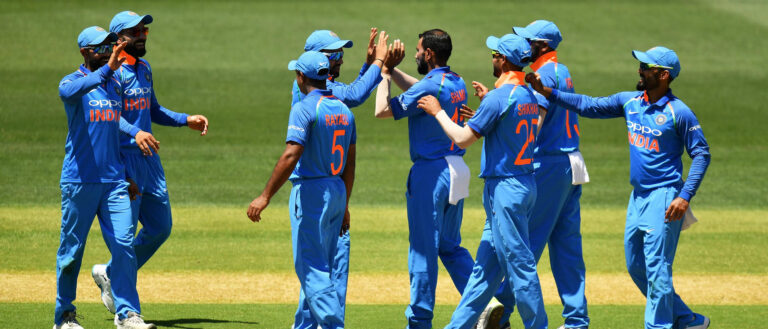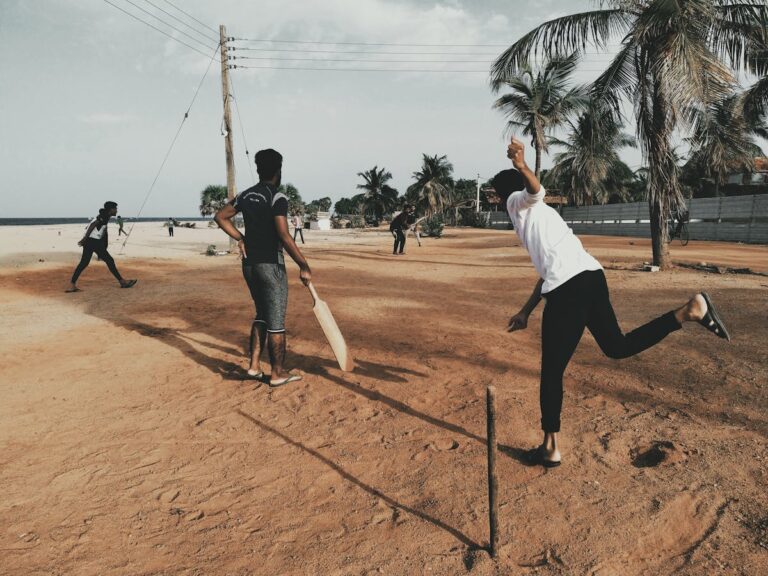Analyzing the Role of Sports Law in Governance and Regulation of Cricket Facilities
diamondexch999.com login, skyexchange sign up, ready book club login: Sports law plays a crucial role in the governance and regulation of cricket facilities all around the world. From ensuring fair play to maintaining the integrity of the game, sports law helps to create a level playing field for all participants. In this article, we will analyze the impact of sports law on cricket facilities and how it influences the way the sport is managed and played.
The Role of Sports Law in Cricket Facilities
1. Ensuring Safety Standards
2. Protecting Player Rights
3. Regulating Match Fixing and Corruption
4. Managing Contracts and Transfers
5. Resolving Disputes and Disciplinary Actions
6. Promoting Equality and Inclusion
Cricket facilities, such as stadiums and training centers, must adhere to specific safety standards to ensure the well-being of players and spectators. Sports law sets guidelines for the construction and maintenance of these facilities to minimize the risk of injuries and accidents.
Player rights are also protected under sports law, with regulations in place to safeguard their interests in contract negotiations, endorsements, and image rights. These laws help to maintain the integrity of the game and prevent exploitation by agents or team owners.
Match-fixing and corruption are significant threats to the integrity of cricket, and sports law plays a vital role in combating these issues. Regulations are in place to prevent players, officials, and other stakeholders from engaging in illegal activities that could undermine the fairness of the game.
Contracts and transfers are regulated by sports law to ensure that players are treated fairly and that their rights are upheld during negotiations. These laws help to prevent disputes between clubs and players and provide a framework for resolving conflicts through arbitration or mediation.
In cases of misconduct or disciplinary actions, sports law governs the process of investigation, hearings, and appeals to ensure that fair and transparent decisions are made. These regulations help to maintain discipline and uphold the principles of sportsmanship in cricket.
Lastly, sports law promotes equality and inclusion by prohibiting discrimination based on factors such as race, gender, or disability. These laws aim to create a diverse and inclusive environment within cricket facilities and ensure that all participants have equal opportunities to succeed.
FAQs
1. What is the role of sports law in governing cricket facilities?
Sports law regulates various aspects of cricket facilities, including safety standards, player rights, match-fixing, contracts, disputes, and equality.
2. How does sports law protect player rights in cricket?
Sports law safeguards player interests in contract negotiations, endorsements, image rights, and transfers to prevent exploitation and ensure fair treatment.
3. What measures are in place to prevent match-fixing and corruption in cricket?
Sports law sets strict regulations to deter players, officials, and other stakeholders from engaging in illegal activities that could compromise the integrity of the game.
In conclusion, sports law plays a critical role in the governance and regulation of cricket facilities, ensuring the safety, integrity, and fairness of the sport. By upholding ethical standards and protecting the rights of players, sports law helps to maintain the reputation of cricket as a competitive and inclusive game for all.







